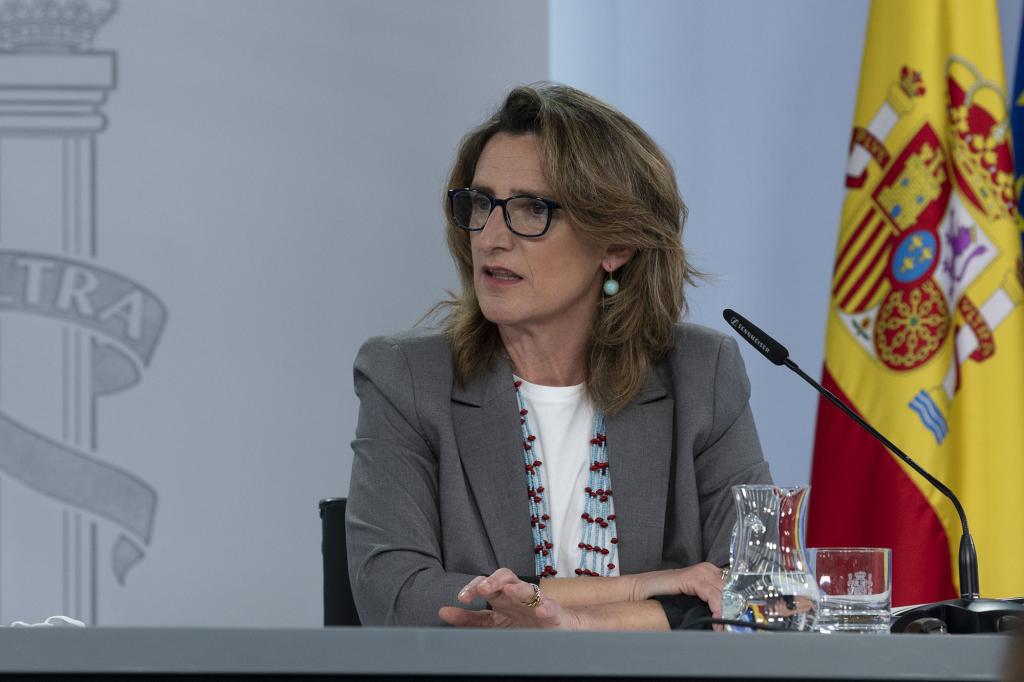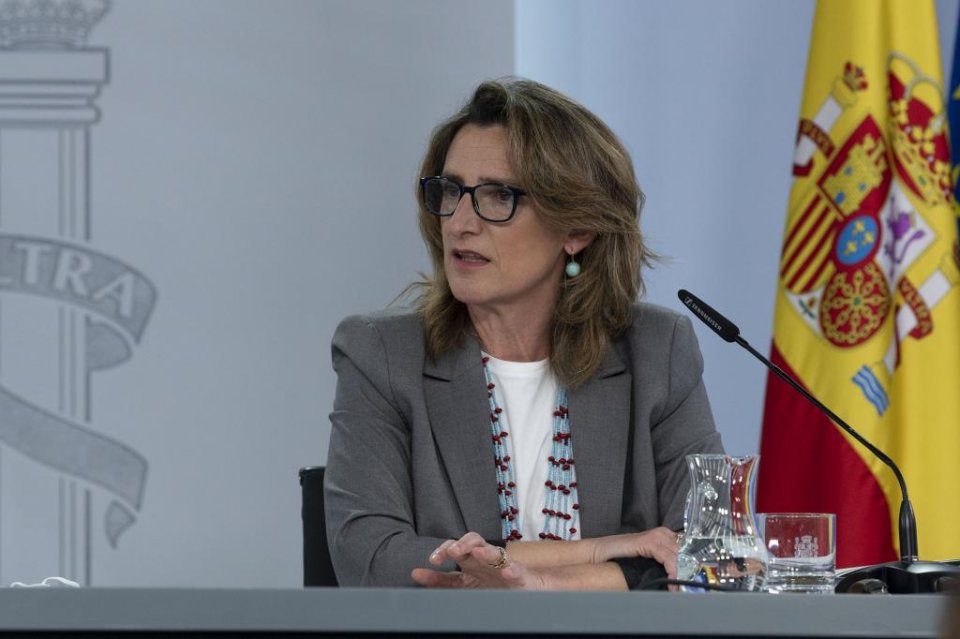The Spanish government’s announcement last week that shops, supermarkets, bars, restaurants and hotels will have to set their air-conditioning at a maximum level of 27C has not only made the international headlines but provoked fierce political opposition and a backlash in a number of regions across Spain.
‘British tourists will be roasted as Spain passes strict air-con rules,’ wrote the UK’s Daily Express – with other tabloids calling the new measures ‘nonsensical’, while Spain’s main opposition group, the right-wing People’s Party (PP), has demanded that the decree should be totally withdrawn. Spain is one of the hottest European countries in summer and has already had two heatwaves this year with temperatures often surpassing 40C for several days in a row.
But Spain’s Ecological Transition Minister Teresa Ribera has said that the country’s new energy-saving plan will still be deployed as of Wednesday 10 August and that ‘there will be no postponement’ – although she has also said that there can be some ‘flexibility’ over the level of air-conditioning.
Last week the Spanish government announced that stores and hospitality venues would no longer be allowed to set their air-conditioning below 27C in summer, nor raise heating above 19C in the winter – as well as requiring shops with air-conditioning to keep their doors shut to maintain the temperatures. The measures will apply to offices, shops, bars and restaurants, as well as public transport systems and transport centres, and will be in place until 1 November 2023.
The measures include switching off store window lights after 10pm, although street lighting will not be affected. The government agreed the bill as part of a bid to reduce the country’s gas consumption by 7% in line with the recent European Union energy agreements to limit dependency on Russian gas.
The regions of Andalusia, Murcia, Galicia, Madrid and Castilla y León have all requested the withdrawal of the royal decree, with the president of the Madrid regional government, Isabel Díaz Ayuso, stating that her government would not comply because the plan ‘scares away tourism’ and ’causes darkness and sadness’.
‘This [plan] generates insecurity and scares away tourism and consumption,’ Ayuso tweeted last week. ‘It causes darkness, poverty, sadness, while the government covers up the question: what savings are you going to apply to yourself?’ The Madrid regional president has since announced that she will be appealing against the decree in the courts.
With the backlash from other regions, Teresa Ribera has since said during several radio interviews that whilst there will not be a postponement in the decree, the setting of indoor temperatures for air-conditioning can be ‘flexible’ for certain establishments.
‘If a different temperature is set in a specific space but it is justified, it can be granted,’ Ribera said on Catalunya Ràdio. Regarding bars and restaurants, the minister confirmed that ‘the working legislation recommends the temperature to be of around 25 degrees,’ she added on Onda Cero radio.
‘One thing is to have a comfortable temperature for workers, and the other is to set the air conditioning at 19ºC,’ the minister explained.
Other sites that will not be limited when setting a temperature are schools, hospitals, hair salons, and public transport such as trains and planes. However, buildings such as airports will still be required to limit air conditioning to a minimum of 27C to battle the rising cost of energy and to help save gas.
Shopping centres, public administration buildings, supermarkets, and cultural venues such as cinemas, theatres, and congress halls will still be required to limit the air conditioning in summer and the heat to a maximum of 19C in winter.
Stores will also still have to switch off lights in their shop windows by 10pm, as well as public buildings, which will be switched off if not being used. Fines are expected for those not obeying the new legislation, but authorities have not yet determined the amount.
On Monday, Ayuso tweeted that from ‘tomorrow night, the only shop windows in Europe that will be off will be those in Spain. The decree goes against trade, tourism and the feeling of security. An imposition without dialogue that does not measure its economic impact and invades powers. We will take it to the courts.’
The new energy-saving measures also expect buildings to have automatic doors before 30 September, in a move to avoid wasting power.

Sign up for the FREE Weekly Newsletter from Spain in English.
Please support Spain in English with a donation.
Click here to get your business activity or services listed on our DIRECTORY.


